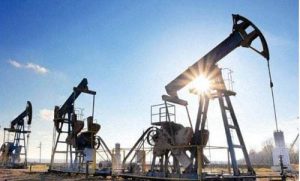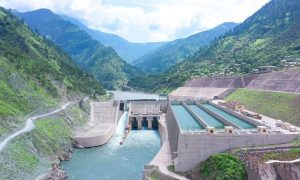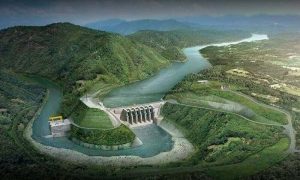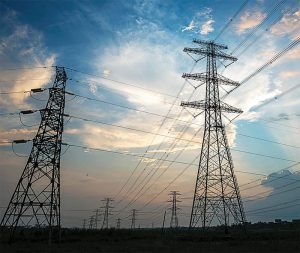The Punjab Energy Department (PED) is making efforts to generate electricity from organic and inorganic waste produced by Human activities. The municipal Solid Waste (MSW) has a potential of electricity generation of 560 kWh/t and 220 kWh/t from the thermochemical and biochemical conversion, respectively.
A recent survey carried out by the Alternative Energy Development Board (AEDB), of 12 different landfills has calculated that the amount of MSW generated every day in the city of Lahore has a net potential of 400 MW which translates to a total of 2747 GWh electricity annually.
Different resources of biomass, including crop residues and animal dung, have the propensity to generate bio energy with fewer emissions of greenhouse gases. As 63 percent of the Pakistani population resides in rural areas, the highest share of biomass consumption is occupied by the household sector i.e., 76 percent.
The government plans use biomass energy to provide electricity to households in the rural areas in line with the vision of the government of increasing the share of alternate energy by 5 percent until 2030.







